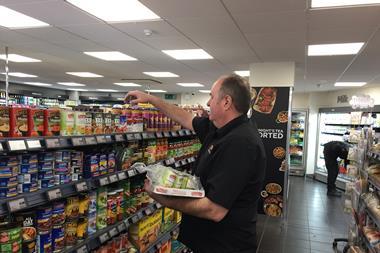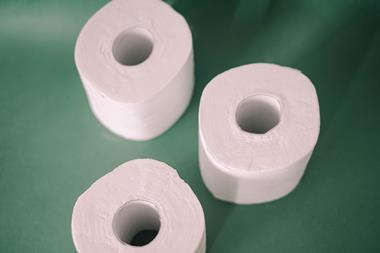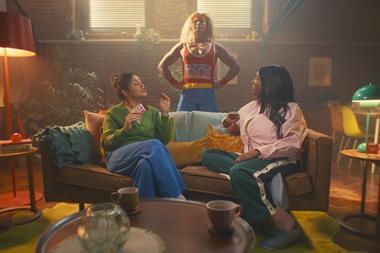The Second World War was not only the time of the last coalition government, it was also the last time the country was this broke.
Hung Parliament? Hung over, more like. The country has gone on the biggest bender ever (known by economists and politicians as quantitative easing).
To be fair, quantitative easing saved the banks and eased the pain (it wasn’t just food price inflation that propped up supermarket sales), but drowning one’s sorrows doesn’t help. At some point we needed to sober up.
The question is, when? Gordon Brown argued that delaying cuts to a bloated public sector is better than a Depression. It was in the same spirit that Hitler busied Germans building the autobahns.
Instead, with budget cuts, public projects on the back burner, greater unemployment, higher taxes (including VAT, capital gains and national insurance), there will be less money sloshing about in the economy. That has to be bad news for any retailer or manufacturer.
On the other hand, an awful lot of the extra money has been siphoned off, again, by banks, trade credit insurance companies and greedy executives. The fact that Kraft’s Irene Rosenfeld was rewarded with a $26.3m bonus following the Cadbury deal suggests it’s not just banks and governments that need fixing.
A few months ago, I suggested in this column that “the new normal” had mutated into a “new abnormal” in which everyone understood that the country had gone to hell in a handbasket; but it was back to business as usual for deals and house prices.
Now, a “new honesty” is entering politics. And that takes me back to the Second World War. It was only when Winston Churchill took the helm that he made the country realise the state we were in. With an ageing population and increased competition, we have to be realistic about what we can and can’t afford.
A coalition might just be the answer after all.
Sign in to comment on this article
Not logged in before? Register for FREE guest access today.
You will be able to:
- Read more stories
- Receive daily newsletters
- Comment on stories
Advert













No comments yet